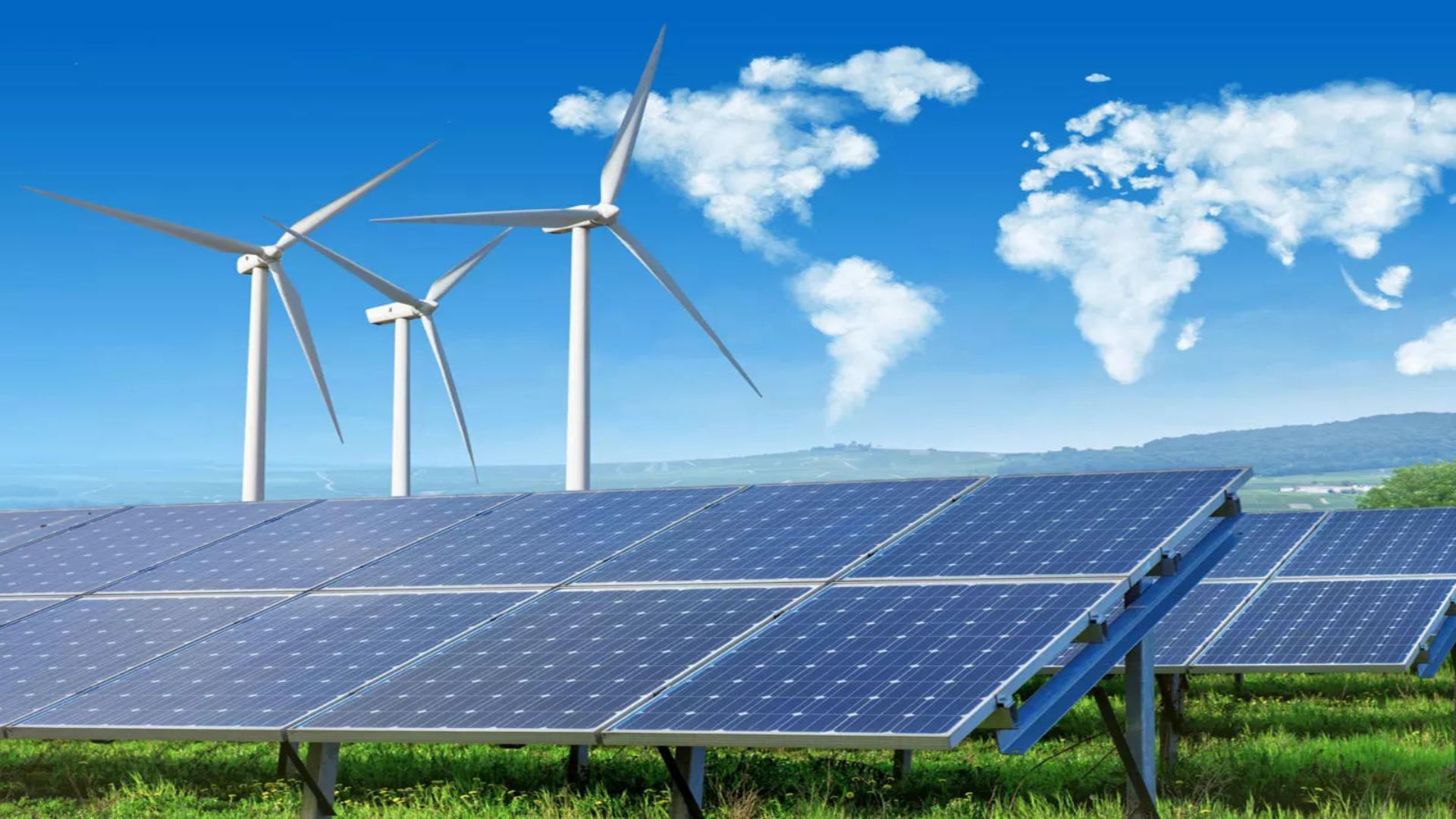A recent report titled ‘Indian States’ Electricity Transition’ (SET) by the Institute for Energy Economics and Financial Analysis (IEEFA) and Ember has shed light on the progress made by states like Karnataka and Gujarat in spearheading the clean energy transformation within India.
The report underscores the outstanding performance of Karnataka and Gujarat in effectively integrating renewable energy sources into their power sectors, showcasing significant strides in decarbonization efforts aimed at reducing carbon dioxide emissions.
Assessing the preparedness of the nation for clean electricity transition, the report spans across 21 states representing approximately 95% of India’s annual power demand over the past seven financial years (FY 2018-2024). This year’s evaluation parameters have been improved to align better with the changing landscape of electricity transition progress, incorporating stakeholder feedback and enhanced data availability.
However, the report also identifies areas that require more improvement, particularly in states like Jharkhand, Bihar, West Bengal, and Uttar Pradesh, which are still in the early stages of their transition journey. These states have been asked to focus on increasing their renewable energy deployment, enhancing short-term market participation, and strengthening distribution companies to speed up their clean energy transition.
The release of the report coincides with soaring temperatures in India, prompting the Ministry of Power to brace for a projected peak power demand of 260 gigawatts during the harsh summer months. This further highlights the imperative for the states to accelerate their transition to clean energy sources like solar power.
Talking about findings, Vibhuti Garg, Director – South Asia at IEEFA, emphasized on the necessity to monitor subnational progress to ensure effective electricity transition. Garg highlighted the delicate intricacies at the state level, highlighting the significance of localized assessments beyond a national overview.
Also read: Unleashing India’s Scientific Brilliance: The Path To Powerhouse Status
While acknowledging positive national-level progress towards electricity transition, the report additionally underlines substantial disparities at the state level. Aditya Lolla, Asia Programme Director at Ember, applauded the states that have embraced progressive measures like promoting decentralized renewable energy deployment and enhancing storage solutions, but cautioned against lagging states and urged that these states needed to accelerate their efforts to reap the benefits of clean electricity transition.
The report also emphasizes the need for states to enhance market enablers and strengthen power ecosystems to accelerate decarbonization efforts. Significant observations include that states like Delhi and Odisha have been exhibiting readiness for decarbonization but still need to align actual progress with their strengths.
Recognizing the diverse challenges faced by each state, the report advocates for carefully curated policy interventions focusing on state-specific challenges for individual states to facilitate a seamless electricity transition. By tracking decarbonization progress, assessing power system readiness, and monitoring market enablers’ advancement, states can effectively address their unique transition requirements.
The report, finally, highlights the commendable efforts of the different states in advancing clean energy transition and calls for concerted actions to strengthen the regulatory ecosystems, enhance policy implementation, and shift focus from national to state-level studies to comprehensively understand and address the nuances of India’s electricity transition journey.























